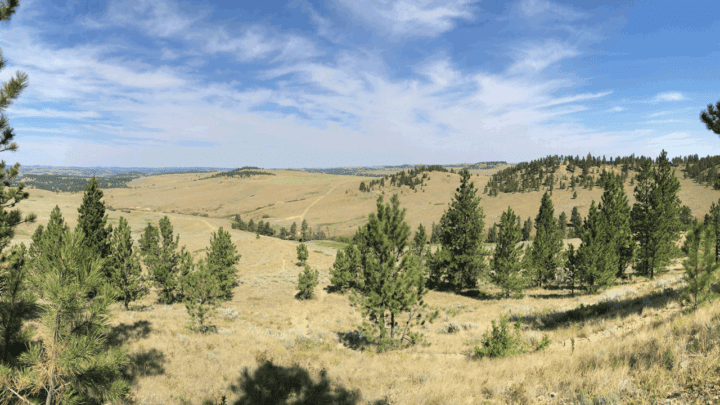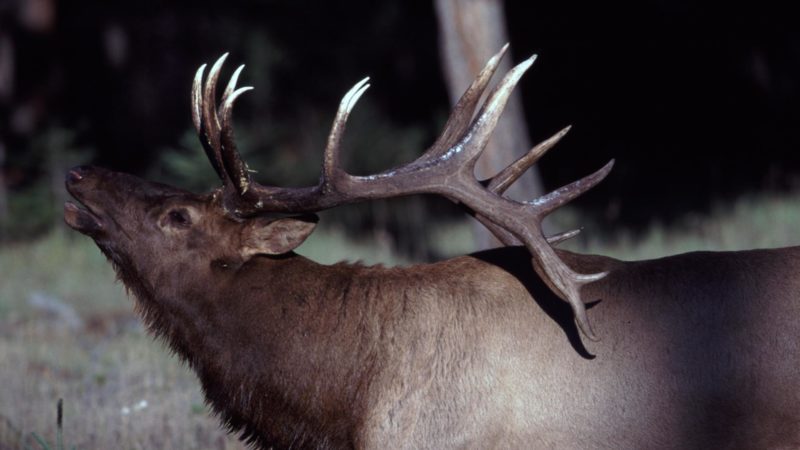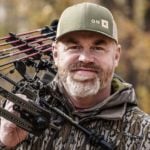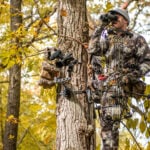The 2023 Wyoming hunting season will bring increased draw opportunities for resident hunters when it comes to the Big 5 animals in the state. Thanks to new regulations, less tags will be allocated for non-resident hunters and more will be up for grabs among the locals within the state.
According to the state Game & Fish department, beginning in the fall of 2023, 90% of the licenses for the Big 5, including bighorn sheep, moose, mountain goat, grizzly bears (not currently open to hunting) and bison, will be allocated for Wyoming residents. This change leaves only 10% of the licenses for non-resident hunters.
“These are some of the most highly sought-after licenses that we offer in Wyoming and throughout the West, so the demand is incredibly high for them,” said department spokeswoman Sara DiRienzo. “People wait decades in order to draw one of these tags, both resident and non-resident hunters.”

Currently, Wyoming residents will share in 80% of the tags for the Big 5. However, as stated above, new regulations will drive that number to 90% in 2023.
The change comes after suggestions from the Wyoming Wildlife Taskforce to the Legislature for consideration. The Legislature adopted the change during its budget session earlier in 2022.
But what about the considerable loss of funds from non-resident license sales? Can the state handle such loss?
DiRienzo says the department will lose about $200,000 because of the changes in license allocations. However, she went on to say that the decrease in revenue was so small that it wasn’t much of a concern.
The department estimates that 100 fewer licenses will be available for non-residents in 2023. This, of course , could change depending on changing populations within the animals hunted.
In a recent blog post, Guy Eastman spells out what the impact of this move could potentially be.
“I believe the state will be forced to ditch the preference point system and implement some sort of bonus point system where there are no longer any guarantees as to when you will draw a tag. With around 11,000-point holders in the system for both moose and sheep and a newly reduced nonresident tag allocation of 18 sheep tags, down from 44 tags and 36 moose tags from 72 tags, there will not ever be enough resources to fulfill the demand. Using those numbers, it would take 651 years to fulfill every sheep applicant and 315 years for every moose applicant in the system to get drawn. As you can easily see, the system will collapse under its own weight as it now stands.”
“If I had to guess, the Game and Fish Department is probably in the process of interviewing good defense attorneys, as the class action lawsuits are certain to fly. The idea of having to refund every nonresident applicant, all 22,000 of them, their preference point fees for the past 26 years would surely push the department to the point of insolvency. A bill of more than $50 million could be on the line.”

The big question is, what’s to come next? Will the reduction of non-resident tag options end with the Big 5?
Eastman doesn’t seem to think so. “The Wyoming Wildlife Task Force set up by the Commission and the Governor, of which I know a few of the members personally, is apparently working out a potential compromise for a 90/10 allocation for deer, elk and antelope as well. This process is in its infancy and has a long, long way to go yet. At this point, from what I am hearing this compromise appears to include, transferable land-owner tags, and an up to 50% outfitter set aside for outfitted nonresident hunters. Needless to say, this change would be horrendous for the DIY nonresident hunter as the nonresident allotment would be cut in half, and then half of that would be set aside for guided hunters, all while further subtracting the nonresident landowner tags from this pool in addition.
Only time will tell how business will be conducted in the days ahead when it comes to non-resident opportunities in Wyoming. However, such moves should come as no surprise as a number of states are now considering the cost of more and more non-resident hunters visiting their state each hunting season.
The influx of non-resident hunters traveling the country these days will no doubt impact tag opportunities in states across the country. Things will likely be tightening up in the years to come. Get the tag while you can!

 By
By 



